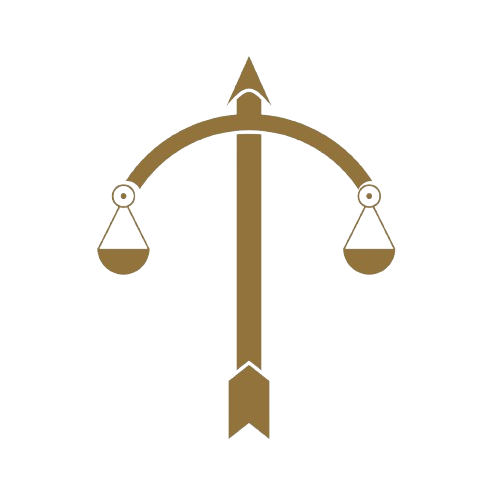We strengthen public understanding of the law, international law, legal definitions and the institutions that uphold them.
Maintaining the Independence of International Law- Finding the balance in a time of heated debate
For us at the Legal Integrity Project, the lesson is crystal clear: legitimacy in international law cannot be decreed; it must be earned through rigour, neutrality, and humility. If courts become arenas for political theatre, their judgments will speak loudly but persuade few
The Meaning of “Proportionality”- How Courts Balance Rights in a Polarised World
“Proportionality” has quietly become one of the most important ideas in modern law. From free speech and data privacy to environmental regulation and national security, judges across the world use this doctrine to decide when rights can be limited and when the state has gone too far. But what does it really mean to be proportionate, and why does this idea matter more than ever in a divided age?
“Malice” and Defamation. How Intent Still Shapes the Boundaries of Free Speech
“Malice” is one of the oldest and most misunderstood concepts in defamation law. Once a moral judgment about spite and bad faith, it has evolved into a precise legal test that still determines how far free speech can go. This article explores how courts define malice in the age of social media and why proving it remains as difficult as ever.
The Elastic Definition of “Consent”: How Law Keeps Adapting to a Connected World
“Consent” sounds simple: say yes or no. In law, however, that tiny word carries enormous weight. From data privacy to medical treatment to AI, the question of what counts as genuine consent has become one of the hardest and most important issues of the digital age. This article explores how legal systems around the world are redefining what it means to agree.
What Counts as “Public Interest”? The Legal Justification Everyone Invokes
Politicians use it. Journalists rely on it. Lawyers argue it. Yet few can clearly define it. The phrase “public interest” is one of the most powerful and flexible concepts in modern law. This article explores how courts across the world decide when serving the public interest justifies breaching privacy, secrecy, or even established rights.
When is a Company “Responsible”? The expanding definition of Liability
Corporate responsibility used to be straightforward: a company was liable for what it did, not for what others did in its name. That line has blurred. From parent companies facing lawsuits for overseas subsidiaries to regulators testing the limits of AI accountability, this article explores how the law is quietly rewriting what it means for a corporation to be “responsible.”
What counts as “Corruption”? How legal definitions are shifting across the globe
“Corruption” is a word everyone uses but few can define. Its meaning shifts across borders and decades, shaping how we understand fairness, power, and accountability in public life. This article explores how the law keeps trying — and often struggling — to pin it down.
How the definition of “due diligence” has shifted from corporate compliance to human rights
Once a financial checklist for mergers and acquisitions, “due diligence” has evolved into a legal duty to prevent harm - from human rights abuses to environmental damage. This article explores how the concept has expanded from boardrooms to courtrooms, redefining what responsibility means for modern business.









